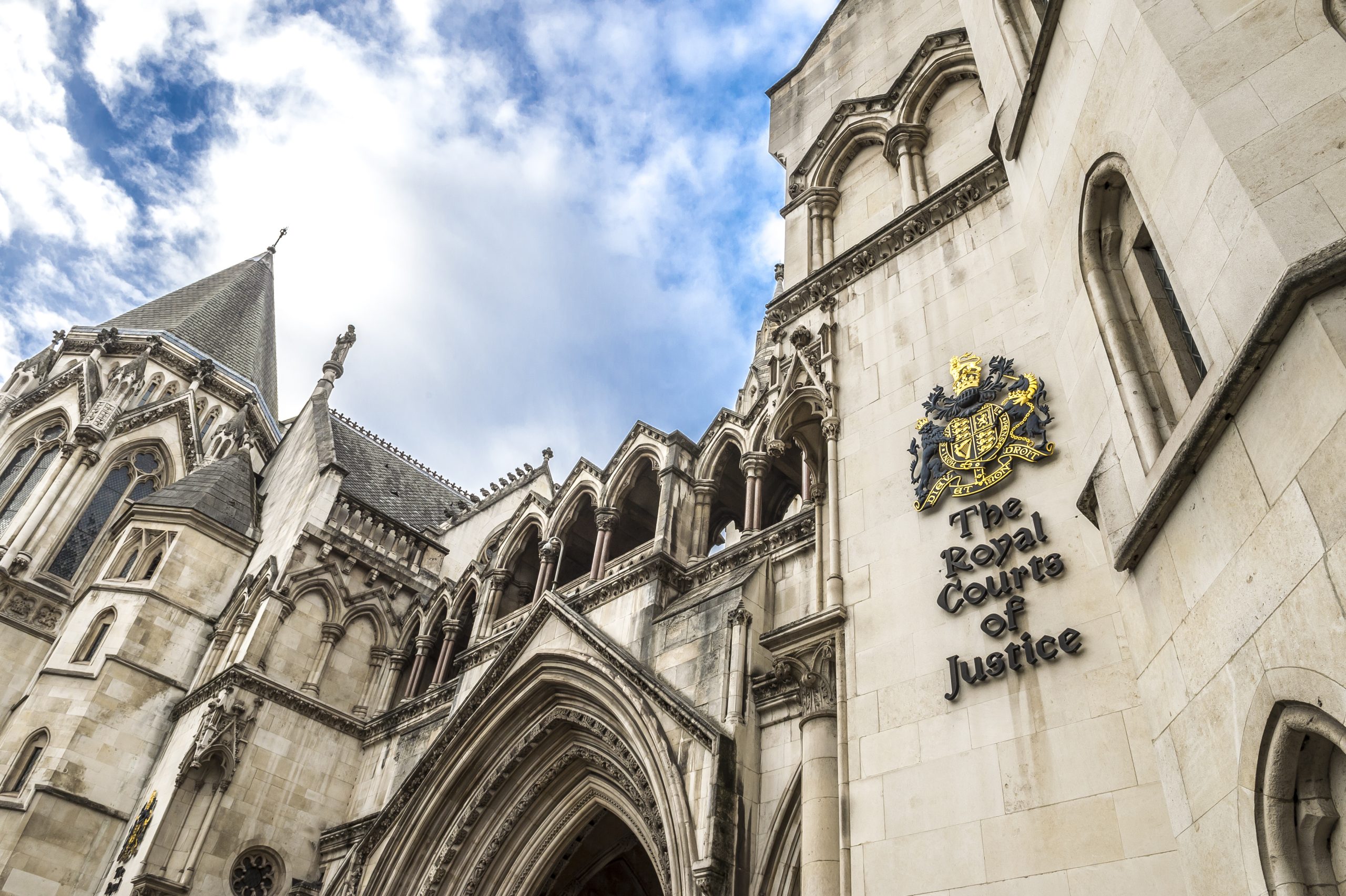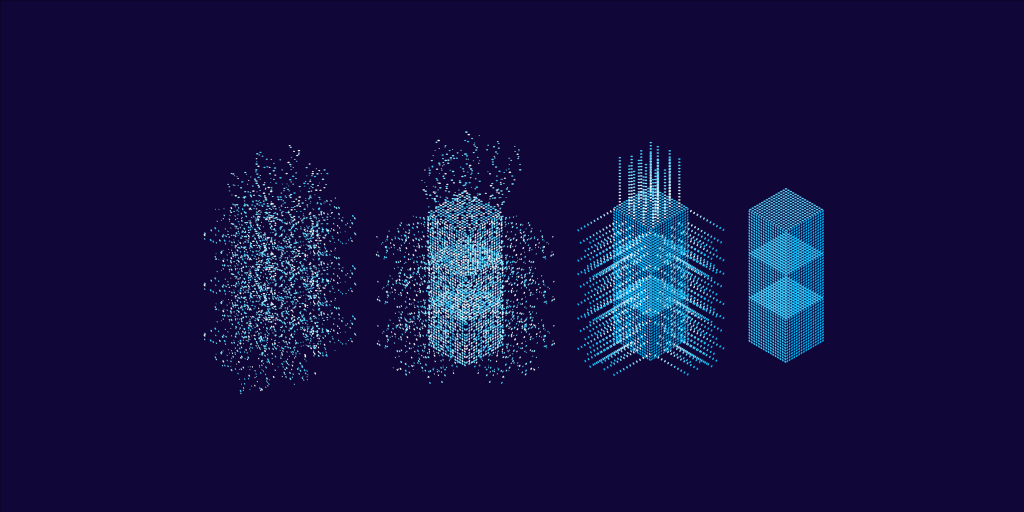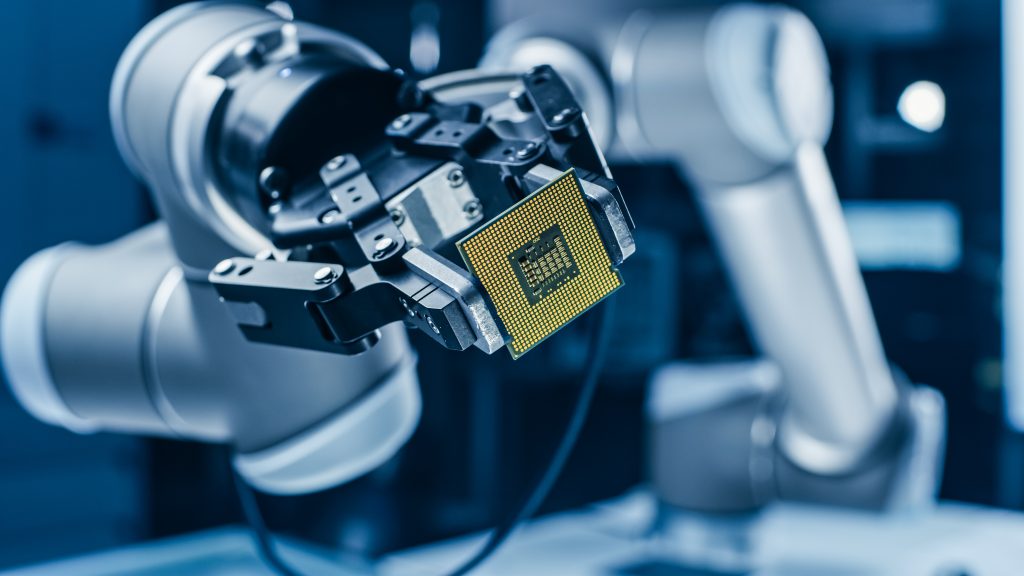
The Court of Appeal has today dramatically overturned the Emotional Perception decision that was issued by the High Court in November. The Court of Appeal has decided that a trained artificial neural network (ANN) involves a computer program. It further argued that Emotional Perception’s invention was not patentable as it did not involve a technical contribution.
The Court of Appeal decision has been much-anticipated since the hearing on 14-15 May 2024, since it will have a significant bearing on the extent to which AI inventions will be considered patentable in the UK.
The most notable aspects of the hearing centred around how the terms computer and technical contribution should be interpreted.
A computer
In the decision, Birss LJ defined a computer as being “a machine which processes information.” In light of this, it was found that “a computer program is a set of instructions for a computer to do something”. This definition largely follows the interpretation that had been advocated by the UKIPO during the hearing, and is consistent with the previous findings of the Court of Appeal in Aerotel, where a computer program was described as being a “set of instructions”.
Using these definitions, it was found that an ANN is “clearly a computer – it is a machine for processing information”, and that the weights and biases of an ANN are a computer program. This is because a different set of weights and biases causes the ANN to process information in a different way.
Given this, it was found that the “program for a computer… as such” exclusion of section 1(2) of the Patents Act 1977 is applicable to Emotional Perception’s ANN system for providing media file recommendations.
Technical contribution
Throughout the hearings before the Hearing Officer, High Court, and Court of Appeal, the contribution made by Emotional Perception’s invention has consistently been construed to be:
…an ANN-based system for providing improved file recommendations… The fundamental insight is in the training of the ANN which analyses the physical properties of the file by pairwise comparisons of training files. In these pairwise comparisons the distance in property space between the output (property) vectors of the ANN is converged to reflect the differences in semantic space between the semantic vectors of each pair of files. The result is that in the trained ANN, files clustered close together in property space will in fact have similar semantic characteristics, and those far apart in property space will have dissimilar semantic characteristics. Once trained the trained ANN can then be used to identify, swiftly and accurately, files from a database which correspond semantically to a target file, and to provide… file recommendations to a user device…
The Court of Appeal found that the training via pairwise comparison was a subsidiary aspect of this contribution, as it is “in effect, part of the creation of the program”, that is, the weights and biases of the ANN. Other than the step of sending the recommended file to a user device, the remainder of the contribution was found to consist of a program for a computer.
Turning their focus to the sending of the recommended file, the Court of Appeal found that this contribution was not technical in nature, as the beneficial effect was actually subjective and cognitive –the file sent by Emotional Perception’s ANN is one that has been determined worthy of sending based on its semantic qualities. In the Court’s opinion, this was not enough to make a technical contribution.
For these reasons, the Court of Appeal upheld the UKIPO’s original decision that Emotional Perception’s application is excluded from patentability.
It remains possible that there will be a further appeal by Emotional Perception to the Supreme Court, but, for now, the Court of Appeal decision provides some clarity in its endorsement of the original decision of the UKIPO.
Please get in touch with our attorneys at gje@gje.com if you would like to discuss how this might affect your portfolio, or any specific cases.


